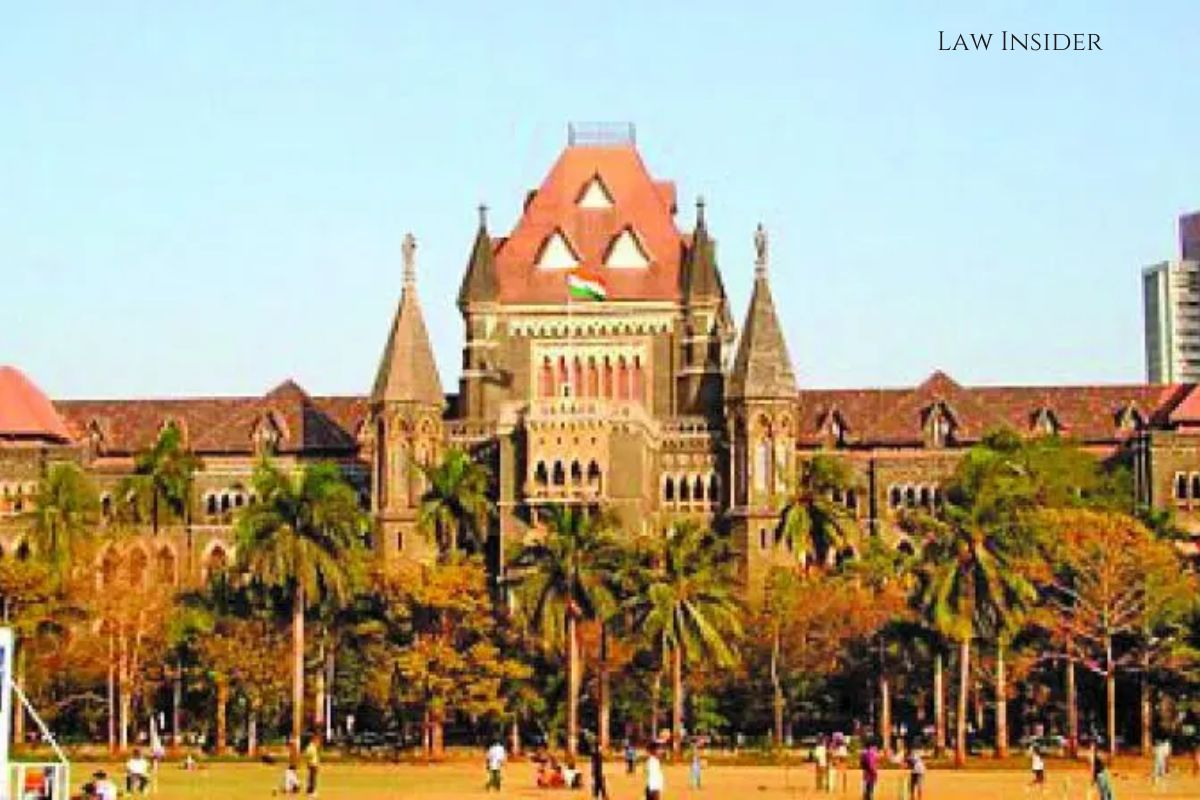Khushi Bajpai
Published on: July 17, 2022 at 19:23 IST
Justices SV Kotwal and justice BP Deshpande said that denying a juvenile in conflict with law an opportunity to exercise right of preferring an anticipatory bail would be violation of article 14 of the constitution of India.
Thebench consisting of justice SV Kotwal and justice BP Deshpandewas held on Friday held that in absence of provisions governing grant of anticipatory bail under the Juvenile Justice (Care and protection of Children) act (JJ Act), juvenile in conflict with law he can file an anticipatory bail under Section 438 of the code of criminal procedure (CrPC).
The statement made by the senior most advocate Rajendra S Deshmukh, amicus curiae appointed by the court. He cited numerous portions of the JJ Act and claimed that Sections 10 and 12 of the JJ Act were a full code in themselves, negating the need for a kid in dispute with the law to have access to Section 438 of the CrPC. He emphasized that the JJ Act did not contain an explicit provision for an anticipatory bail.
Even thought the article 14 of the Indian Constitutionguarantees equality before the law, assistant public prosecutor AV Deshmukh said that the JJ act makes a purposeful distinction for the protection for the protection of children, making a fair categorization lawful for their advantage.
He also claimed that because the term “arrest” was nit included in the JJ Act, anticipatory bail under Section 438 of the CrPC was not relevant because the provisions only addressed the granting of release to those who were apprehending arrest.
The court then responded to Deshmukh’s argument that Sections 10 and 12 of the JJ Act are complete codes in and of themselves by stating that these provisions applied to the post-apprehension stage, not the pre-apprehension stage, and therefore could not be said to conflict with Section 438 of the CrPC.
It also supported Kulkarni’s argument that children are included in the definition of “person” as it appears in the IPC.
It also stated that in cases where accusations were false made with an oblique motive, it would be a travesty of justice to keep the child away from the parent’s protection of parents and the child usual environment.

